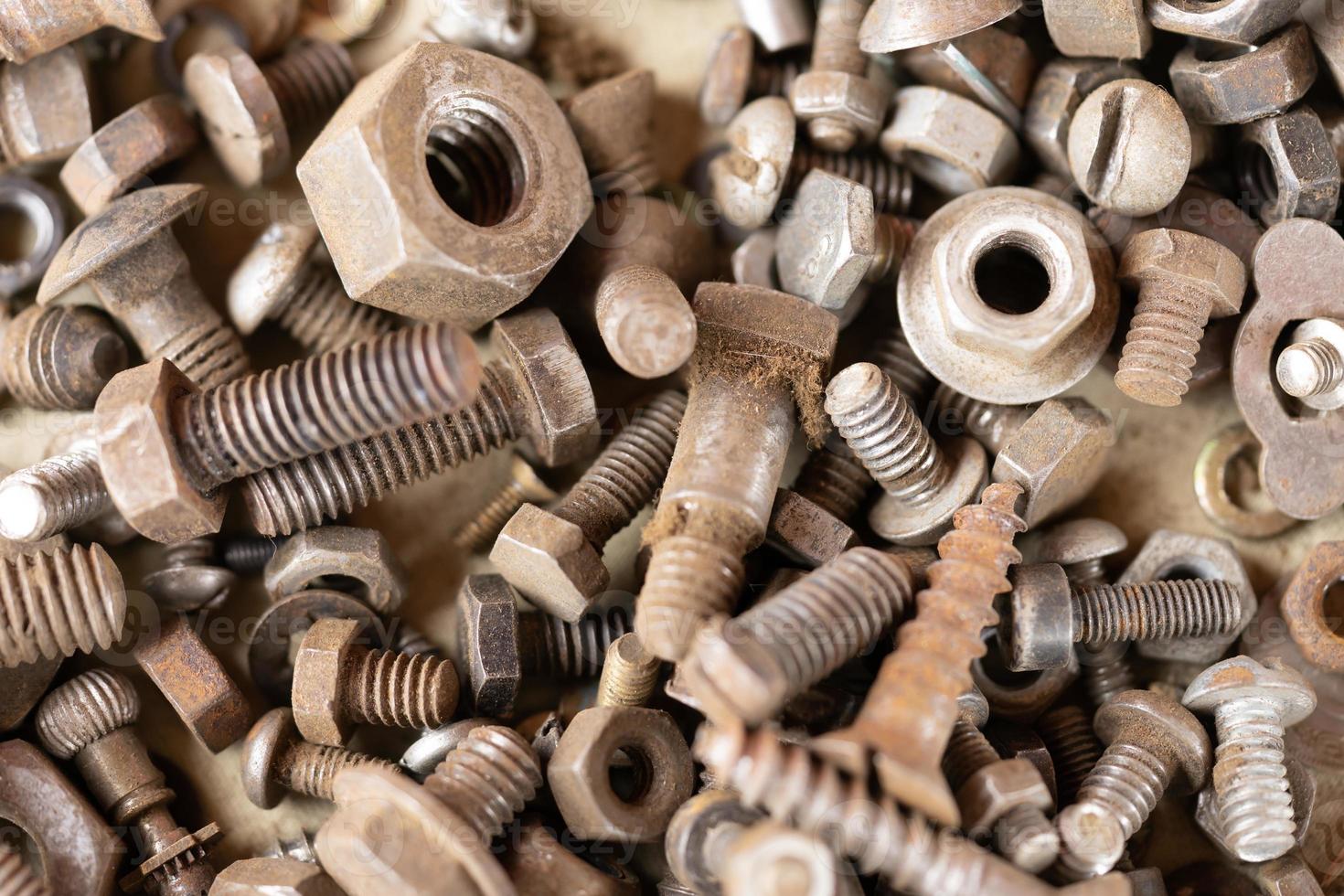Amidst today's fast-changing environment, the importance of fastening components, especially nuts & bolts, keeps to increase. These apparently simple elements are crucial in countless uses, from building tasks to car maintenance. As technology advances, so do the developments surrounding such important attachment solutions. Understanding the various kinds, uses, and materials of bolts and nuts is key for individuals involved in DIY projects, commercial building, or maintenance tasks.
This document will examine the future of fastening hardware and delve into a comprehensive overview of different types of bolts and nuts. We will cover everything from fundamental explanations and applications to the standard varieties of fasteners, their uses, and the most recent developments in substances and coatings. With insights into heavy-duty construction, automotive needs, and custom fasteners, this guide will provide you with the knowledge needed to select the right fastener for any project, ensuring both efficiency and durability.
Types and Functions of Nuts and Bolts
Nuts and bolts are vital components in countless applications, providing support and strength to structures and machinery. Bolts can be grouped into several types, such as hexagonal bolts, carriage bolts, and lag screws, each intended for particular uses. Hex head bolts are versatile and commonly utilized in various projects, while round head bolts offer a rounded head ideal for securing wooden structures. Lag bolts are especially helpful for heavy-duty applications, as their thick threads allow them to hold sturdy substances, making them a popular option in building.
Nut fasteners complement bolts by fixing them in place and providing a tight fit. Several types of nuts—such as standard nuts, self-locking nuts, and flange nuts—serve unique purposes. Metric Screws are designed to resist loosening under vibration, making them suitable for automotive applications. Washer nuts have a integrated washer base that spreads the load, preventing damage to the surface being fastened. Understanding the functions of these different nut types helps in selecting the right piece for a project, guaranteeing reliability and safety.
When choosing nuts and bolts, one must take into account factors like composition, thread specification, and the specific application. Typical materials include steel, corrosion-resistant steel, and brass, each offering distinct benefits in terms of strength and resistance to corrosion. The thread type—coarse, tight, or measured—also influences the compatibility and performance of the fasteners. By understanding the types and functions of nuts and bolts, users can make wise choices that enhance the longevity and efficiency of their projects.
Substances and Finishings
The choice of substances for nuts and bolts substantially affects their performance and suitability for various uses. Common materials include steel, copper alloy, and titanium alloy. Steel is widely used due to its durability and adaptability; however, the specific type of steel can further determine its properties, such as tensile capacity and ability to corrosion. Brass is frequently selected for applications requiring corrosion resistance and excellent electrical conductivity, while titanium offers superior strength-to-weight ratios and ability to harsh conditions, making it ideal for specific applications.
Finishes also serve a critical role in improving the durability and life span of fasteners. Zinc plating is a popular option for providing oxidation protection, particularly in settings where humidity is a concern. Galvanization takes this a notch higher, providing a thicker protective coating that can withstand harsher environments. Additional coatings, such as powder coating and anodizing, can also be applied to increase aesthetics and provide extra protection against wear and oxidation.

Comprehending the interaction between substances and coatings will help you select the best fasteners for your specific requirements. For outdoor tasks, consider using corrosion-resistant options that will resist environmental challenges. Always evaluate the conditions your fastening elements will encounter, as well as any necessary compromises between durability, weight, and corrosion resistance, to ensure their long-lasting functionality.
Specialty and Unique Fasteners
Unique and distinct fasteners are designed to meet particular requirements that conventional nuts and bolts cannot fulfill. For instance, security fasteners, such as anti-tamper nuts and bolts, are designed to stop illegitimate access or removal. visite site feature distinctive heads or threading that require unique tools for setup and extraction, making them ideal for applications where security is a concern, such as in communal installations or machinery that is highly valuable.
Another category worth noting is nylon locking nuts, which provide improved locking capabilities compared to standard nuts. The nylon insert creates friction when the nut is screwed onto the bolt, thereby stopping it from loosening due to vibrations. These fasteners are particularly useful in automotive and machinery applications where movement and shaking can lead to the failure of traditional fastening methods. Utilizing nylon locking nuts can significantly improve the durability and reliability of connections in changing environments.
Anchor bolts represent another crucial type of specialty fastener specifically designed for heavy-duty applications, such as securing structures to foundations. They are commonly used in construction for attaching supports, pillars, and more to concrete or masonry. It is important to choose the appropriate anchor bolt type—whether it be mechanical or chemical—based on the load requirements and surrounding conditions to ensure optimal holding power and structural integrity.
